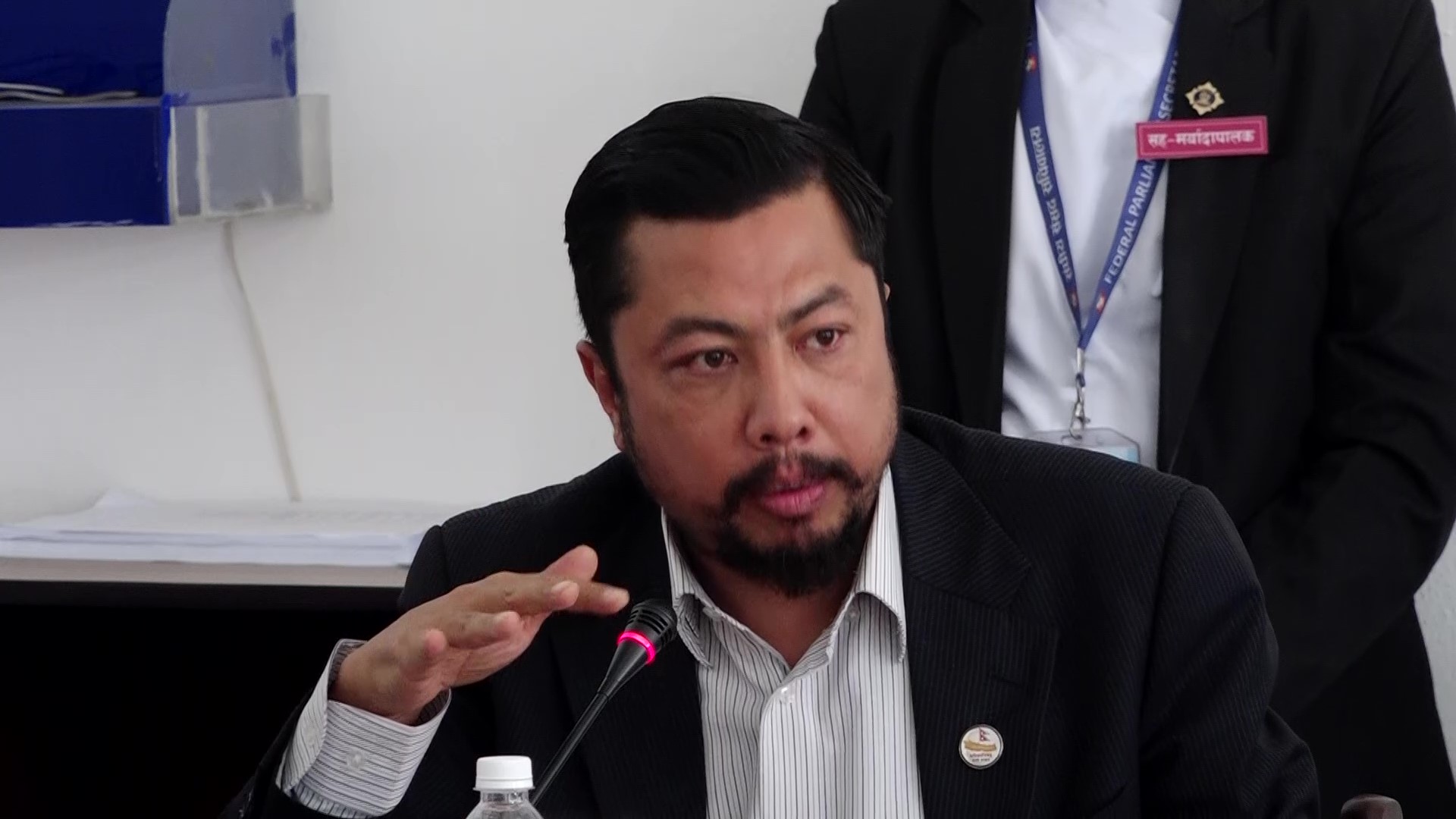Mustang. The horse and carriage facility in Muktinath has provided great convenience to the devotees visiting Muktinath. Local youth from four villages under Waragung Muktikshetra Rural Municipality-1 of Mustang are providing services to carry pilgrims going to Muktinath on horse and carriages to the Muktinath temple.
It takes about 45 minutes to reach Muktinath temple in Mustang from the bus park in Purang Ranipauwa. There is no problem for physically fit pilgrims to walk from the bus park to Muktinath. However, it is very difficult and challenging for senior citizens, disabled and handicapped pilgrims to reach the main entrance of Muktinath temple from the bus park. One has to walk up a steep hill with railings from the first gate of Muktinath to the temple entrance. There is a flat road from the bus park to the first gate. Motorcycles and any other vehicles are not allowed on the road from the bus park to the temple via Ranipauwa Bazaar. This is a rule made by the village community there. In order not to affect tourism within the village, it is prohibited to take any vehicles above the bus park. Due to this, if the pilgrims who have arrived in a dho to visit Muktinath are unable to walk, they are forced to reach Muktinath by riding a horse or a stretcher.
The youth of Khinga, Jharkot, Muktinath Ranipauwa and Chengur villages under Waragung Muktikshetra-1 have run an alternative business of taking pilgrims on horseback. Only the youth of four villages there have provided the service of taking pilgrims to Muktinath by riding horses for a fee. Apart from these four villages in the Waragung Mukti Kshetra, youth from other places are not allowed to go there and take pilgrims on horseback to Muktinath. A committee has also been formed to transport pilgrims on horseback to Muktinath. The service of taking pilgrims on horseback has been organized through the Horse Committee. Thus, a fee of Rs. 400 has been fixed for Nepali domestic pilgrims and Rs. 400 for Indian pilgrims for transporting pilgrims from Ranipauwa Bus Park to Muktinath entrance gate.
Urgen Palden Gurung, a local youth of Muktinath Ranipauwa, said that the horse riding business has become an alternative source of income for local youth. He said that the business of taking the youth of this place on horseback to Muktinath has made a great contribution in stopping the youth from returning to their villages and taking them to Muktinath at a time when the youth workforce is migrating in the country. He said that even as the potential for tourism is increasing in the village, the youth are still in a situation where they are going to work abroad, so this type of horse riding business has become a viable means for the youth here to earn money here.
Around 20 households in four villages of Waragung Muktikshetra-1 are earning a living by taking visitors to Muktinath by horse. In the horse riding business operated under the committee, all the villagers can come together and take turns transporting visitors. To transport visitors by horse, the horse owner must register their names by 7 am. After registering their names, they can take turns riding the horses to Muktinath according to the roll. In this way, the money earned by riding horses throughout the day is calculated and distributed.
In Muktinath, horse owners themselves and those who want to hire employees even though they are horses can employ people who have temporarily settled there to transport visitors on horses. In this way, non-individuals get half the wages they earn for using the horse owner’s horse.
Since there was no road transport facility in Mustang, most people used to keep horses to transport goods from the valley and for personal purposes. Recently, after access to transport was added to Mustang, the horses that were kept started to be displaced. After the situation became easy to transport goods by road, the horses of Mustang disappeared. However, horses bred in Mustang are also linked to culture.
The Gurung and Bista communities of Upper Mustang and Bahragaun region celebrate important festivals by linking them with horse culture. Partial Thakali communities of Lower Mustang also use horses as a form of culture during special festivals. Sanjay Gurung, a local youth from Waragung-1 Khinga, mentioned that horses are a cultural heritage for Mustang. He said that it is customary to celebrate festivals by wearing cultural costumes and riding horses during festivals such as Yartung, Dhajyang, Lhosar, Tiji, etc. Local youth Gurung says that if the business of transporting pilgrims on horseback in the Muktinath area is not allowed, even the horses of twelve villages will be displaced.
Similarly, in Muktinath, youths carry pilgrims who are unable to ride horses on stretchers to Muktinath. For transporting Nepali pilgrims from Muktinath Bus Park to Muktinath temple, they charge Rs. 4,000 and Indian pilgrims Rs. 4,000. In this way, four youths are required to carry stretchers to Muktinath. The business of transporting pilgrims on stretchers to Muktinath run by local youths in Muktinath has been of great help to senior citizens, disabled and handicapped pilgrims. Although it is a paid service, this type of business of going to Muktinath has become a means of great service support for the devotees who come to visit Muktinath at a cost of lakhs. RSS





























प्रतिक्रिया दिनुहोस्